AI Is About To Make Customer Service An Even Bigger Nightmare
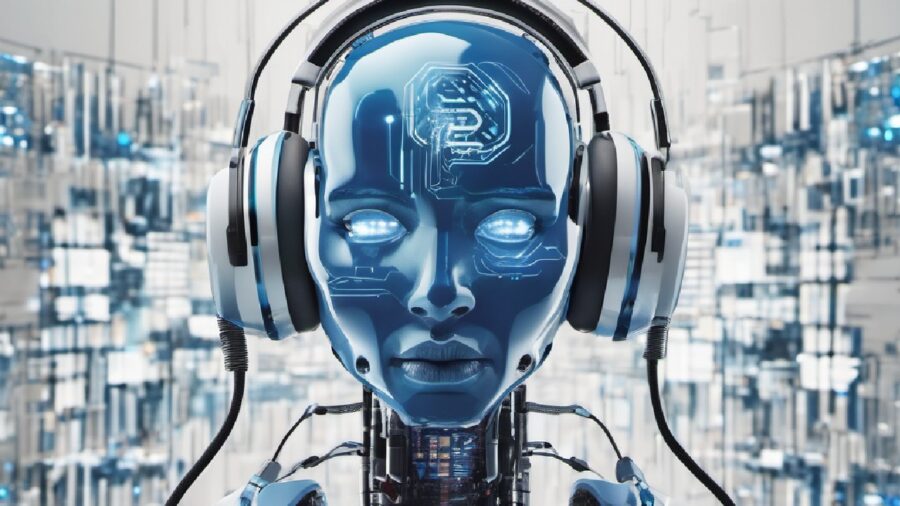
Generative AI will change customer service practices as we know it as the technology continues to advance at a rapid rate. In a recent conversation with the Financial Times, Tata Consultancy Services (TCS) CEO, K Krithivasan, stated how artificial intelligence has the potential to make incoming call centers a thing of the past. While this won’t be an overnight change by any stretch of the imagination, it’s not outside the realm of possibility that companies will be replacing their call center employees with chatbots within the next several years.
Proactive Issue Resolution
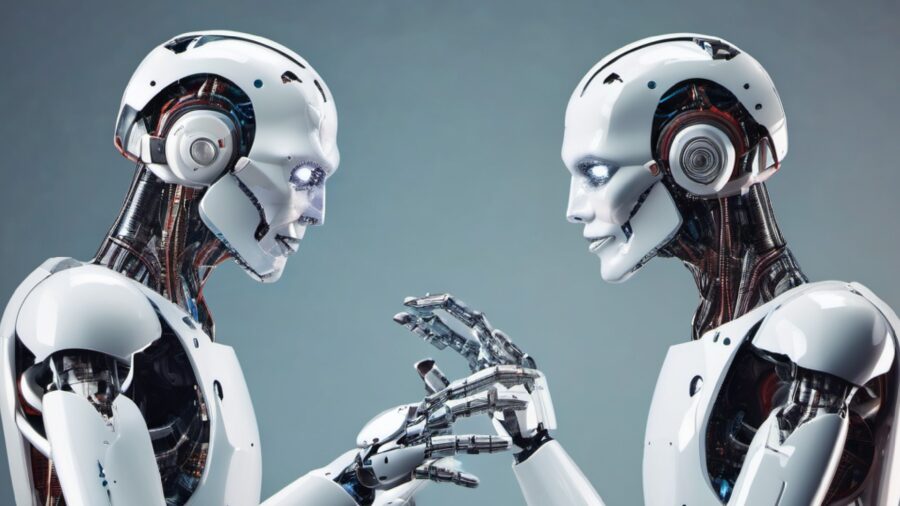
If AI has the potential to replace most front-line customer service jobs, we’ll be looking at a very different future when it comes to problem resolution. Krithivasan has confidence that companies like TCS will have the ability to anticipate customer pain points before customers feel compelled to call for assistance.
In other words, by mitigating issues proactively, there won’t be any need for manned phone lines when a product or service needs additional troubleshooting or support.
Reliability Of AI Solutions
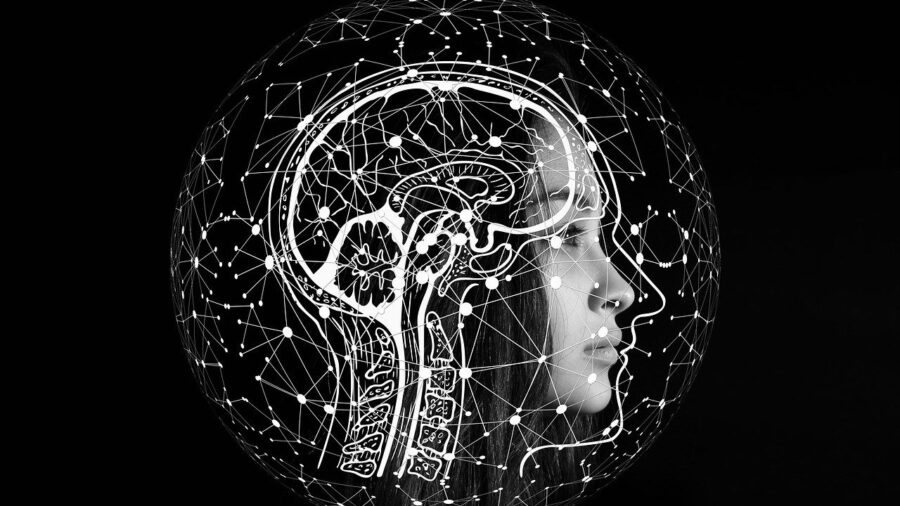
While the idea of AI customer service sounds great on paper, many of us have already experienced frustrating encounters with chatbots that can’t even answer the simplest of questions.
In order for front-line call center employees to be replaced outright, whatever problem-resolution technologies are also being implemented need to work reliably. This is especially true if the 17 million people working in the customer help center industry are no longer available to receive inbound calls and customer queries.
Workforce Impact Considerations
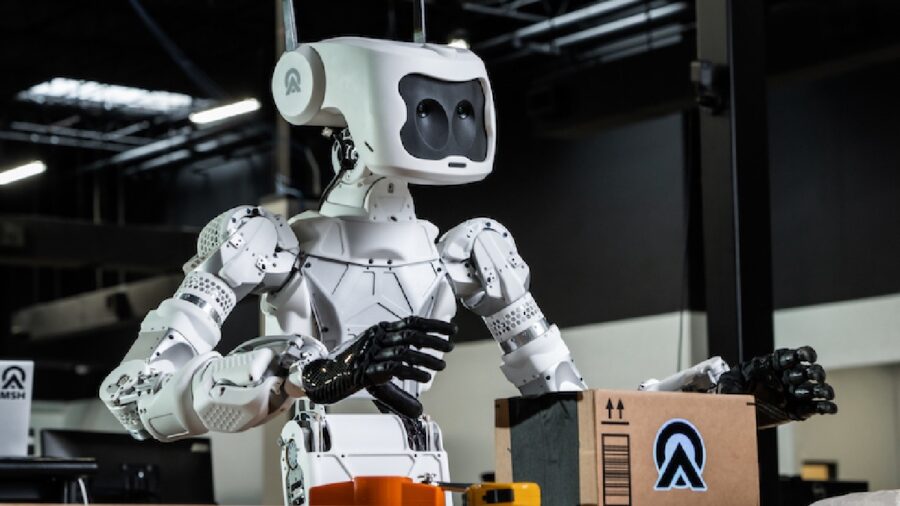
It’s obvious by now that companies are looking for the best ways to cut costs, and if AI customer service becomes ubiquitous, then it’s possible that these companies will be cutting costs through massive layoffs. Krithivasan doesn’t necessarily think the future will be uncertain for the workforce because the same companies that will no longer have a need for front-line customer service representatives will still need employees to help maintain and implement their new technologies.
In an ideal world, AI won’t be outright replacing customer service jobs, but rather changing the definition of what a customer service job actually is in the coming years.
Social and Economic Ramifications
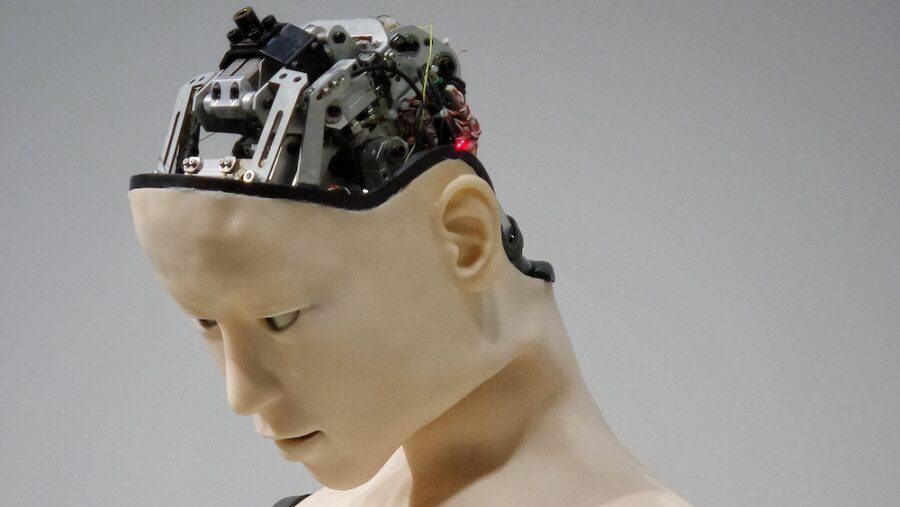
While Krithivasan believes that using AI to replace customer service agents with chatbots will be possible within the next year or two, we need to consider what kind of backlash companies will face if they decide to replace their employees with automated chatbots.
Just this past June, Dukaan CEO, Suumit Shah, made a celebratory post on his X account about how replacing 90 percent of the company’s support staff was a tough but necessary move. His claims that problem resolution time and customer support costs were significantly reduced may be valid, but the general public was outraged over the implication that their jobs will be replaced next for the sake of profit.
Workforce Macro-level Impact
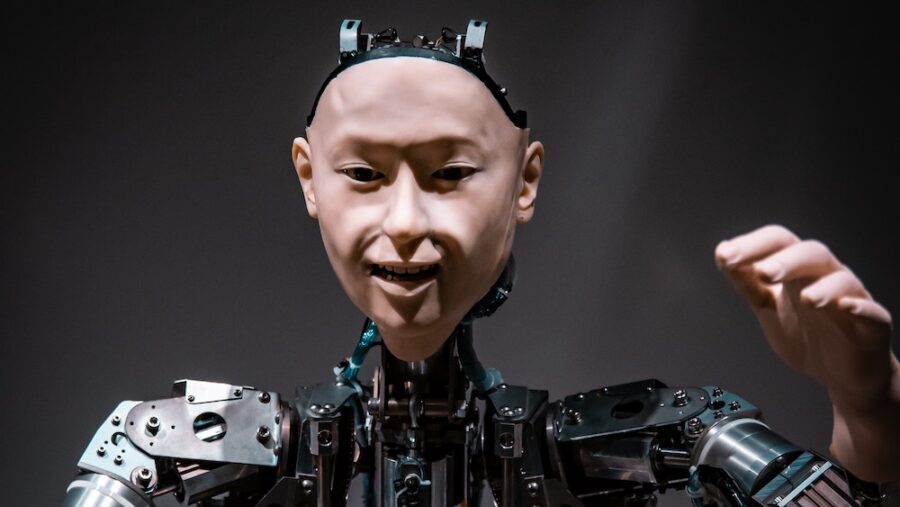
But what truly needs to be considered when it comes to AI customer service is how negatively its implementation will affect the workforce on a macro level. It’s easy to say that new jobs will open up when old ones are eliminated, but it’s also incredibly hard to believe that 17 million customer service employees getting laid off will have a new job waiting for them in a technological field upon their termination.
Gradual AI Implementation Strategy
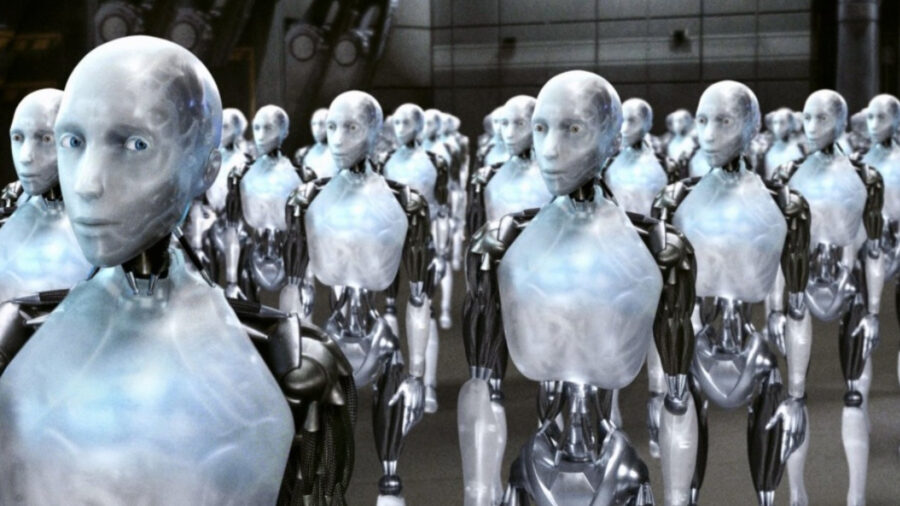
A more desirable scenario would involve companies transitioning to an AI customer service model over the next decade as they figure out the best way to assist their customers and streamline their internal processes without causing mass unemployment and economic distress in the process.
Source: Financial Times












